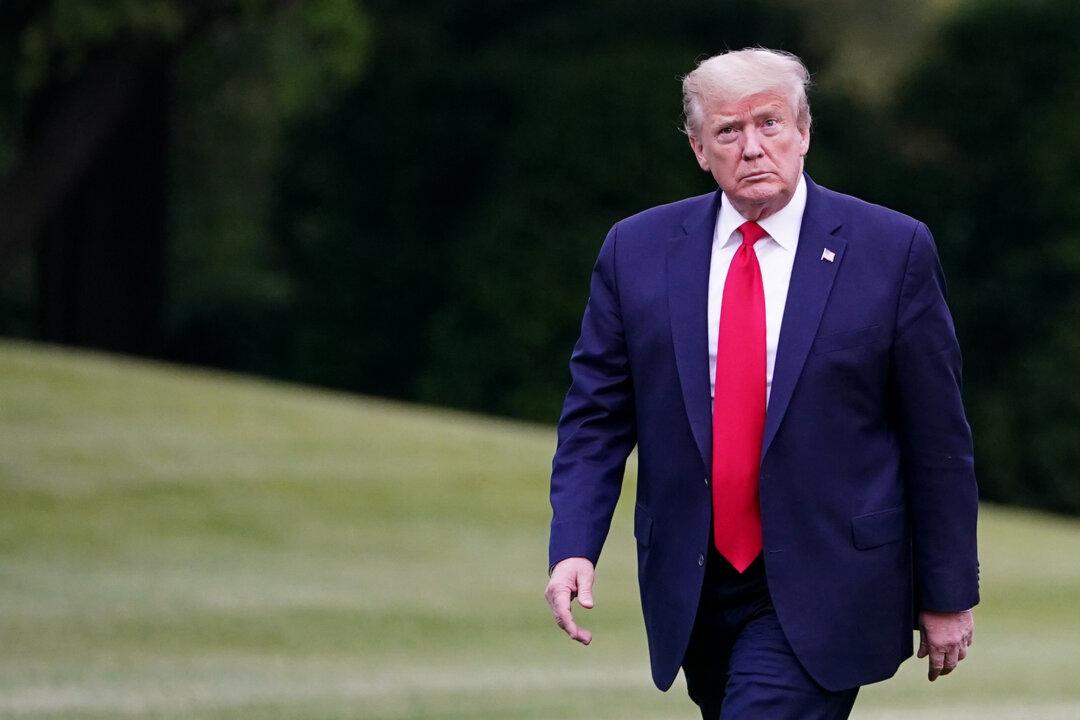U.S. President Donald Trump is “displeased” with the Chinese regime’s latest move to tighten its grip on Hong Kong, saying it would jeopardize the city’s status as a global financial center, the White House press secretary said on May 26.
Trump said that “he’s displeased with China’s efforts, and that it’s hard to see how Hong Kong can remain a financial hub if China takes over,” Kayleigh McEnany, press secretary, told reporters.





